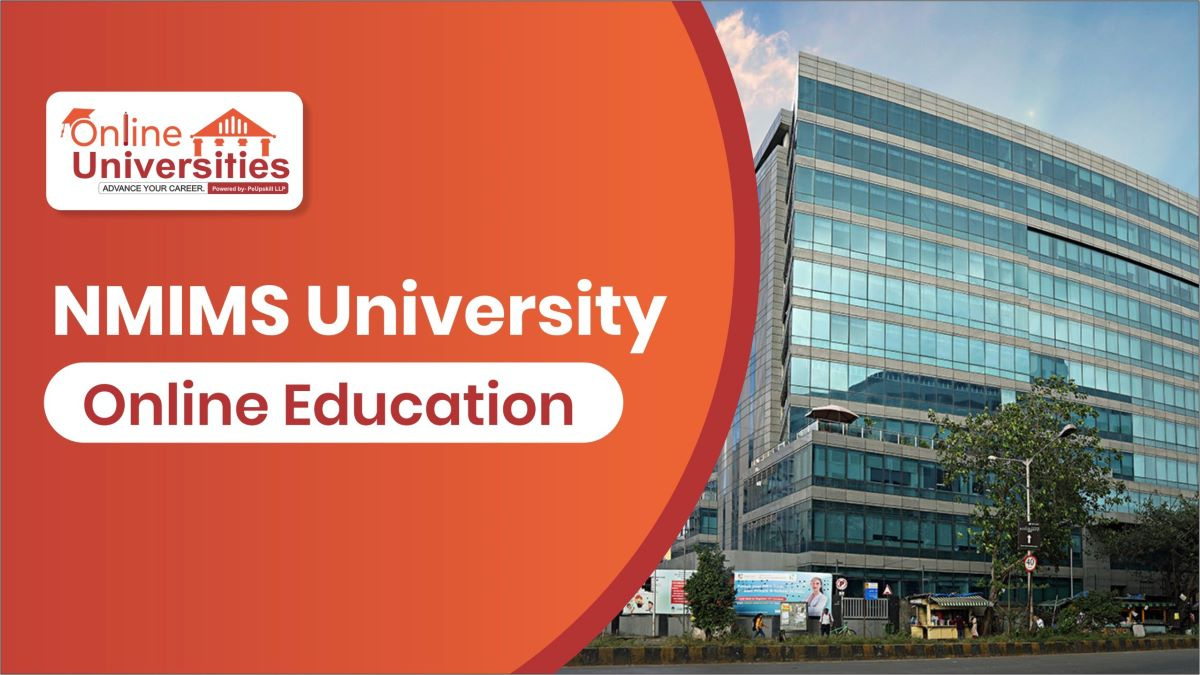In today’s dynamic workforce, motivation in employees is what drives productivity, innovation, and job satisfaction in the workplace. Great managers are aware that even after compensation and benefits, it is the psychology of motivation that is vital for keeping employees on their toes, inspired, and motivated. Great managers are capable of crafting an environment using the psychology of humans that stimulates zeal, dedication, and peak performance.
Learning About the Fundamentals of Motivation
Motivation is generally divided into two groups: intrinsic and extrinsic motivation. Intrinsic motivation is from the inside out—workers feel motivated by personal development, job satisfaction, and love for work. Extrinsic motivation is from the outside in—employees are motivated by external rewards such as bonuses, promotions, and rewards. The optimal managers blend both well, making sure employees feel appreciated from the inside out and the outside in.
The Role of Psychological Theories in Motivation
There are a number of psychological theories that describe what motivates people at work. Excellent managers apply these lessons to design a productive workplace:
Maslow’s Hierarchy of Needs – According to this theory, workers need to have their lower-level physiological and safety needs fulfilled before addressing higher-level needs like self-actualization. Job security, equitable pay, and advancement opportunities can help keep workers motivated, according to managers.
Herzberg’s Two-Factor Theory – Two factors which affect motivation, as identified by Herzberg, are hygiene factors (salary, company procedures, job security) and motivators (recognition, achievement, self-growth). Managers need to look beyond minimum requirements and ensure meaningful work and recognition to motivate productivity.
Self-Determination Theory (SDT) – Autonomy, competence, and relatedness are identified as the major motivators under this theory. Workers work best when they are in charge of what they do, competent at their jobs, and have positive interpersonal relationships.
Methods to Encourage Productivity Through Motivation
- Empower Employees with Autonomy
Micromanagement stifles creativity and reduces motivation. Giving employees the freedom to make decisions and take ownership of their tasks fosters trust and engagement. When employees feel trusted, they become more proactive and committed to their work.
- Recognize and Reward Achievements
Recognition is a strong motivator. Little things like thanking employees in meetings, giving bonuses, or even sending a thank-you note on their own can dramatically improve morale. A positive culture of appreciation builds loyalty and motivates employees to go the extra mile.
- Create a Growth-Oriented Culture
Offering learning and development opportunities keeps the employees motivated. When employees know that there is a clear career path in front of them, they stay motivated and ambitious. Offering professional development through training sessions, mentorship, and even taking an online MBA course can make employees feel empowered and valued.
- Create a Positive Work Environment
Poisonous workplace environments eliminate motivation. Managers need to develop an inclusive, supportive, and collaborative environment in which employees are confident to offer their ideas and concerns. A mentally healthy workplace environment focused on open communication and work-life balance will automatically cultivate productivity.
- Set Clear Goals and Provide Feedback
Employees work best when they know what they are trying to accomplish. Definite goals give direction, and positive feedback ensures ongoing improvement. Managers must set realistic goals and provide frequent, useful feedback to guide employees toward success and motivation.
- Foster Teamwork and Social Bonding
People are social animals, and feelings of belonging make them more motivated. Fostering teamwork by having group projects, team-building exercises, and casual get-togethers promotes camaraderie and strengthens collaboration.
The Long-Term Advantages of Employee Motivation
Motivated employees contribute many advantages to an organization. Greater productivity, greater job satisfaction, reduced turnover, and a more positive company reputation are some of the benefits of an engaged workforce. When managers invest in learning about the psychology of motivation, they develop a work culture that energizes passion, commitment, and creativity.
Final Thoughts
Excellent managers appreciate that motivation has no one-fits-all method. With insight into psychological knowledge and executing specific strategies on each of their team members, they are able to generate productivity as well as longevity of work commitment. At a time when employees’ involvement relates straight away with company prosperity, knowing the psychology of motivation is a highly beneficial ability for every manager.




